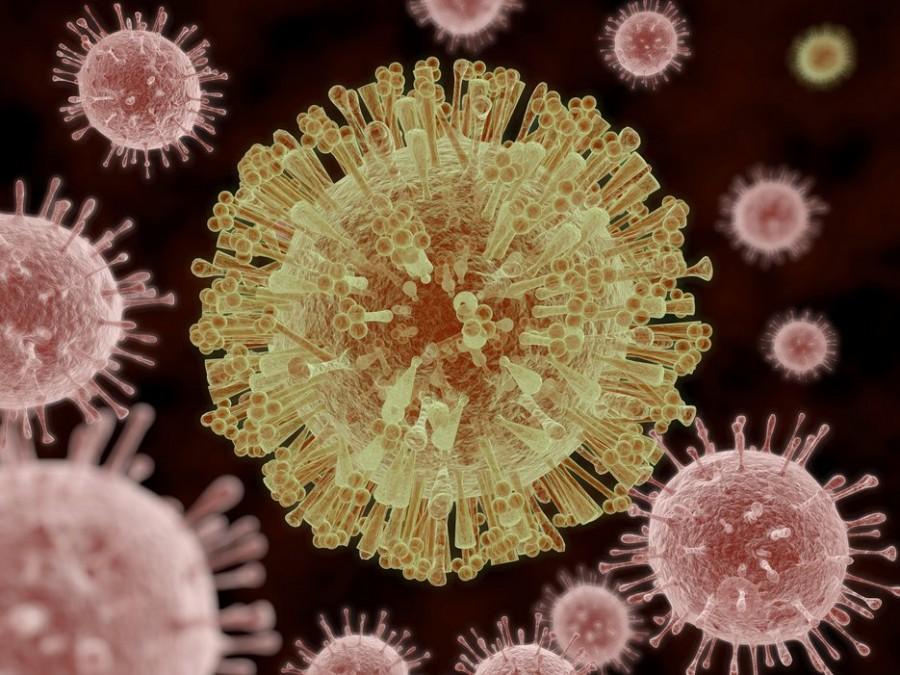Zika: New scourge?
Photo of the Zika virus
In 1947, in the Zika Forest of Uganda, a feverish rhesus monkey was discovered. Over the next 60 years, only 17 humans ever contracted the disease the monkey had been ill with, a virus termed Zika after the forest in which it was discovered. Originally believed to be spread only through mosquito bites, it showed up in French Polynesia in 2013 and infected about 11 percent of the population. By early 2015, Zika had spread through the islands in the south Pacific, and by May, had reached Brazil.
The vast majority of humans who have contracted Zika have survived. Symptoms such as fever, joint pain, bumpy rashes, light sensitivity and painful swelling of the hands and feet typically lasted a few days. However, the arrival of Zika in Brazil in May 2015 coincided with a huge spike in the number of microcephaly cases, a parallel that Brazilian health officials and now the World Health Organization (WHO) believe are linked. Microcephaly is a neurodevelopmental disorder that manifests in newborns through seizures and an abnormally small head. In addition, Zika has been linked with the rare Guillain-Barré Syndrome, a disease in which the patient’s own immune system damages their nerve cells, occasionally causing paralysis and in rare cases, death.
In response to the pregnancy-related problems Zika is suspected to cause, many South American countries have begun to experience social upheaval, especially related to abortion. In Colombia, the health minister has agitated for revisions to the law banning abortions under all circumstances in light of the apparent correlation between Zika and microcephaly. Many South American countries have especially restrictive abortion laws, with El Salvador, the Dominican Republic and Nicaragua prohibiting abortion even in cases when it might save the parent’s life.
The ability of Zika to spread is still in question, although it has been proven to be carried by the same mosquito that carries dengue fever, the aedes aegypti mosquito. It has now been suspected to be transferrable through sexual intercourse, urine and saliva. In addition, several cases have been reported to have spread through blood transfusion.
President Obama has asked for 8 billion dollars in emergency funding from Congress to help combat Zika after more than 50 cases have been confirmed within the United States. Senate Democrats sent a letter to the President urging him to adopt a multi-front strategy against the virus and including multiple federal agencies. It also included an appeal to make contraceptives available to pregnant women in countries that have been infected where abortion is illegal or difficult to come by.
Due to the weather this time of year, very few mosquitos are in this country, and thus, no cases have been reported due to mosquito bites sustained within the continental United States. The Centers for Disease Control and Prevention’s Dr. Anne Schuchat said, “For the average American who is not traveling, this is not a problem.” The outbreak has been declared a “public health emergency of international concern” by the WHO.












